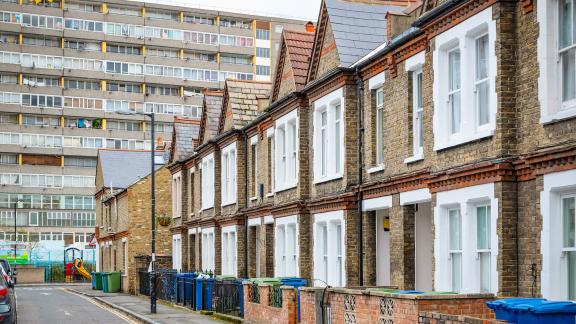Rising living costs are taking their toll on communities with high deprivation

Responding to a new briefing paper from the Centre for Mental Health, Sean Duggan OBE, chief executive of the NHS Confederation's Mental Health Network, said:
“The evidence is clear that poverty is a key factor that drives poor mental health. Soaring inflation and rising living costs are taking their toll on those living in our communities with the highest deprivation, who were already struggling.
“The next Prime Minister must build on the current government’s commitment to bring forward a cross-government plan for mental health to tackle the wider determinants of poor mental health. This is in addition to urgent action to ensure services can meet the overwhelming levels of demand they are currently facing post pandemic.
“NHS leaders are particularly concerned by the spikes in demand for children and young people’s mental health services, where they’re also seeing an increase in the severity of symptoms. We know that living in poverty during childhood has long-term health effects across the life course. Rates of child poverty have been rising in recent years, which the Institute for Fiscal Studies and others have in part attributed to cuts in benefit payments. This is why the Government must approach growing rates of poor mental health from across Whitehall rather than seeing it as the preserve of one department.
“The recent report from the Joseph Rowntree Foundation shows we are moving the wrong way on poverty and the number of those living in, or at risk of living in, very deep poverty is increasing.
“Tackling poverty and its impact on health outcomes must be a key priority for the new Prime Minister as soon as they’re in post.”



